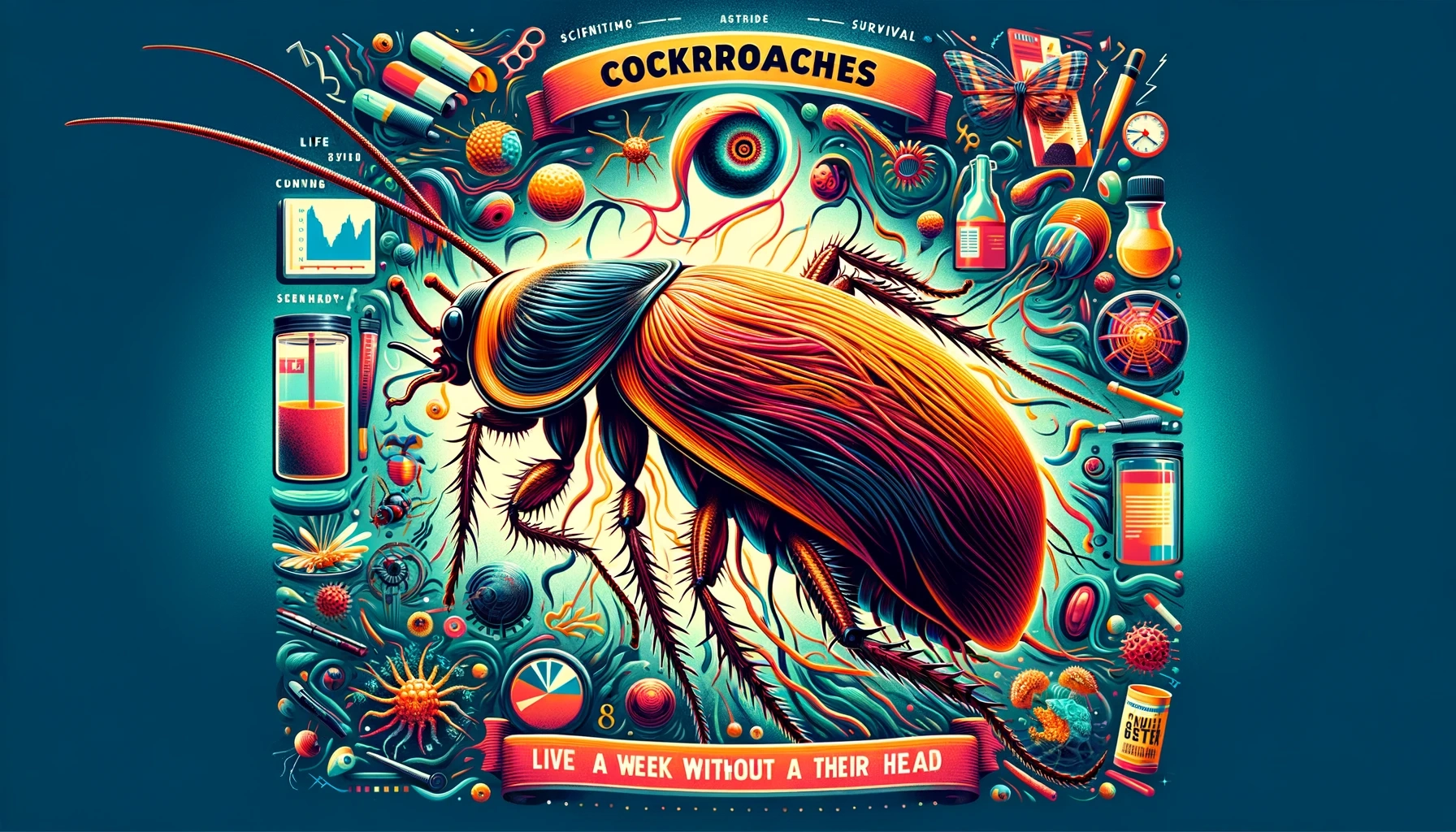
Cockroaches are among the most resilient creatures on Earth, known for their ability to survive in almost any environment. But one of the most astonishing facts about these insects is their ability to live for up to a week without their head. This remarkable survival strategy has intrigued scientists and the public alike. So, how do cockroaches manage this feat, and what does it tell us about their biology and survival instincts?
The Science Behind the Survival
Cockroaches have a very different anatomy compared to mammals. Their breathing does not rely on the mouth or head, as they have a series of tiny holes, called spiracles, along the sides of their bodies. These spiracles connect to tubes that deliver oxygen directly to tissues and organs. This means that even without a head, a cockroach can still breathe.
Moreover, cockroaches have an open circulatory system. Their blood, called hemolymph, is not confined to blood vessels but flows freely within the body cavity, allowing them to lose their head and not bleed to death. Their necks also seal off just by clotting, preventing significant blood loss.
The cockroach brain does not control reflexes; instead, the reflex actions are controlled by nerve tissue found in each body segment. This allows the cockroach to perform basic movements and react to its environment even in the absence of its head.
What Happens After Decapitation?
After a cockroach loses its head, it can survive for several days to a week. During this time, it can move, react to touch, and even stand. However, without the ability to drink water, the cockroach eventually dies of dehydration. Interestingly, if it weren’t for the need for water, theoretically, a headless cockroach might live for several weeks.
The Role of Cold-Blooded Nature
Being cold-blooded, cockroaches have a much lower metabolic rate than warm-blooded animals. This means they need less food and oxygen to survive, contributing to their ability to live without their head for an extended period. Their simple bodies don’t require complex brain functions to manage bodily processes, allowing basic life functions to continue even when decapitated.
Implications and Fascinations
The cockroach’s ability to survive decapitation highlights the incredible adaptability and resilience of insects. It also offers valuable insights into alternative biological systems and survival strategies, shedding light on the vast diversity of life forms on our planet. While the thought of headless cockroaches might be unsettling, it’s a testament to the fascinating and often bizarre world of insects.
In conclusion, the survival of cockroaches without their head is a remarkable example of nature’s ingenuity. It underscores the complexity of even the most maligned creatures and reminds us of the resilience embedded in the natural world. Next time you see a cockroach, remember, you’re looking at one of nature’s most incredible survivors.
